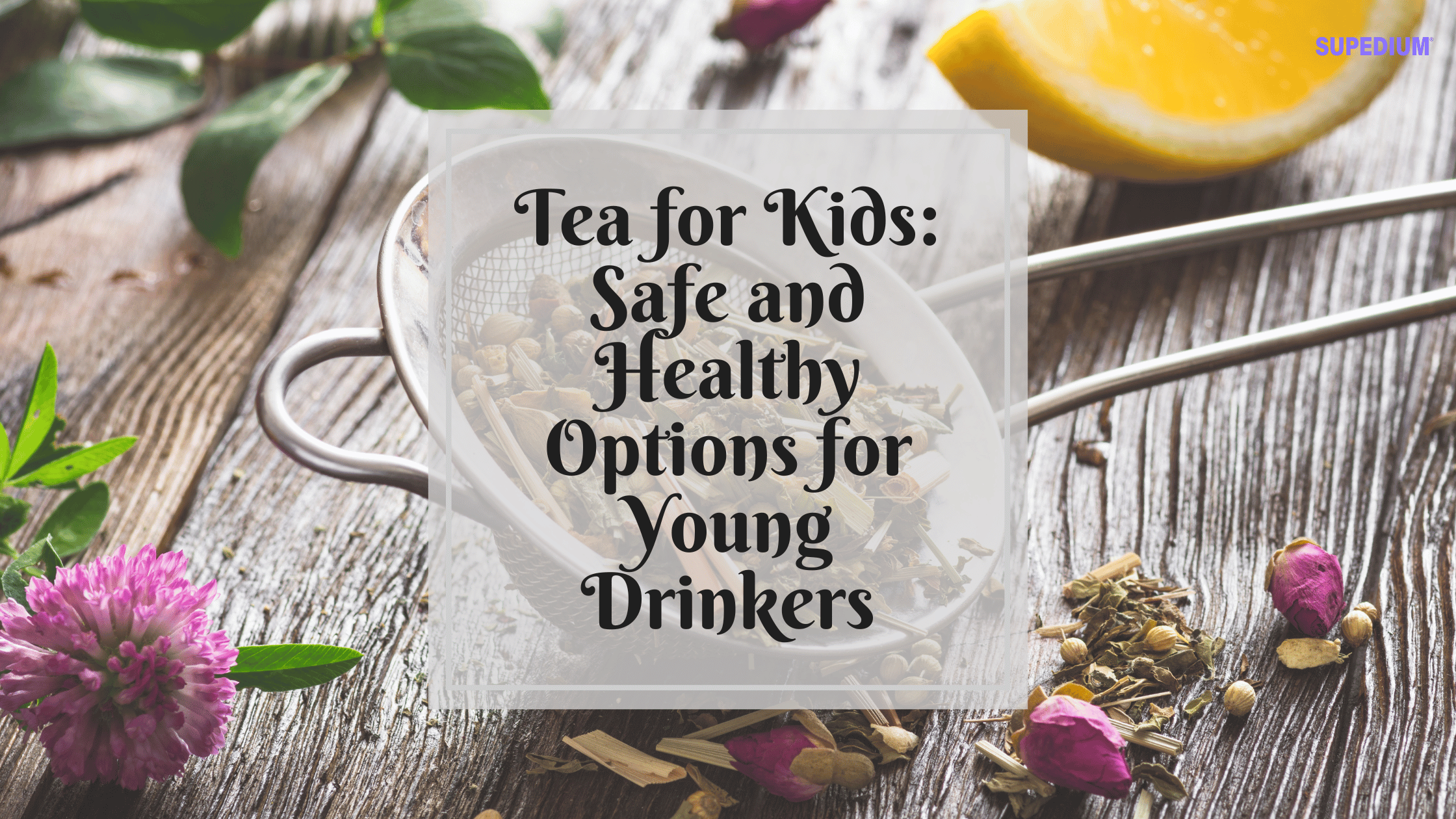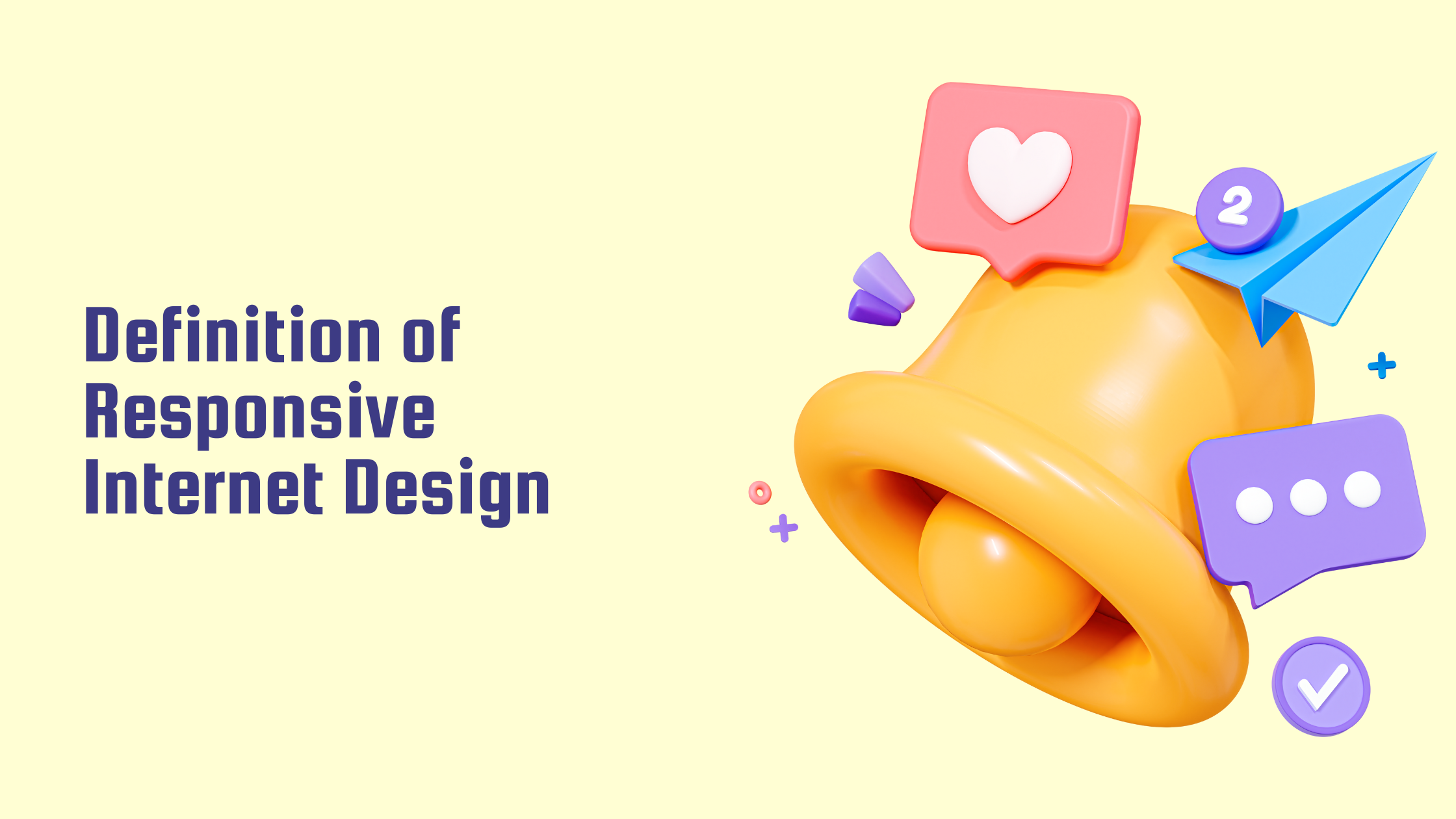Table of Contents
![]()
Tea, a beverage enjoyed worldwide, has gained popularity not only among adults but also among children. While the tradition of tea drinking offers numerous health benefits, parents may wonder whether tea is safe for young drinkers. This article explores safe and healthy tea options for kids, highlights potential risks, and offers tips for introducing tea into a child’s diet.
Benefits of Tea for Kids
Hydration and Nutritional Value
Tea can be an excellent source of hydration for kids, particularly when they move beyond sugary drinks. Water is still the primary source of hydration, but tea provides an additional way to keep children hydrated. Many teas contain beneficial nutrients, such as antioxidants, vitamins, and minerals. These elements can help support overall health and wellness.
Supporting Health and Well-being
Herbal teas, in particular, can provide various health benefits. For example, herbal teas like ginger, peppermint, and chamomile have long been used for their digestive, soothing, and calming properties. These types of tea can help kids feel better when they have an upset stomach or need help winding down before bed.
Calming Effects
Many parents appreciate herbal teas like chamomile and lemon balm for their calming effects. These teas are caffeine-free and can help children relax before bedtime, promoting better sleep. The gentle properties of these teas make them a good alternative to caffeine-laden drinks that could interfere with sleep patterns.
Promoting Healthy Habits
Introducing tea can also help children develop healthy drinking habits. Instead of sugary sodas or fruit juices, offering children naturally sweetened or lightly flavored tea can encourage them to make healthier beverage choices. Tea also offers an opportunity for parents to teach moderation, as many teas have a milder flavor than sugary alternatives.
Types of Teas Suitable for Children
Herbal Teas
Herbal teas are the most suitable option for kids due to their natural, caffeine-free properties. Here are some kid-friendly herbal teas:
- Chamomile Tea: Known for its calming effects, chamomile is a great choice for winding down before bedtime. It can help with sleep disturbances and anxiety, making it a favorite among parents.
- Peppermint Tea: Peppermint is often used to aid digestion and relieve stomach discomfort. It also has a refreshing, mildly sweet taste that kids enjoy.
- Ginger Tea: This tea is ideal for soothing nausea and improving digestion. Its mild, spicy flavor makes it suitable for older children.
- Lemon Balm Tea: Lemon balm has a natural calming effect, helping children relax and de-stress. It also offers mild digestive benefits.
- Rooibos Tea: A naturally caffeine-free tea from South Africa, rooibos is rich in antioxidants and has a mild, slightly sweet flavor that many children find enjoyable.
Fruit Infusions
Fruit teas, which are made by infusing dried fruits and herbs in water, can be a fun and healthy option for children. They are typically caffeine-free and often have a naturally sweet flavor. Popular fruit infusions for kids include berry blends, citrus blends, and tropical fruit teas. These teas can be served hot or cold and are especially refreshing during warmer months.
Mild Green Tea
Although green tea is generally not recommended for young children due to its caffeine content, decaffeinated green tea can be a mild option for older children in moderation. Green tea is high in antioxidants, which can support the immune system and overall health. However, because even decaffeinated green tea contains trace amounts of caffeine, it is essential to limit its consumption to avoid any potential negative effects.
Decaffeinated Black Tea
Decaffeinated black tea is another mild option, though it should be introduced cautiously. Like decaffeinated green tea, this type of tea is low in caffeine and can be a flavorful alternative to sugary drinks. However, moderation is key, as the small amounts of caffeine in even decaffeinated tea may still affect some children.
Tea to Avoid for Kids
While many teas offer benefits, some should be avoided or consumed with caution when it comes to kids.
Caffeinated Teas
Caffeine can have significant effects on young children, including nervousness, hyperactivity, and difficulty sleeping. It’s best to avoid caffeinated teas such as black tea, regular green tea, and oolong tea, especially for younger children. For older kids, caffeine intake should still be monitored and limited to prevent overstimulation.
Sweetened Teas
Adding sugar or artificial sweeteners to tea can negate its health benefits. Excessive sugar consumption is linked to obesity, diabetes, and dental issues. If your child prefers sweeter tea, try using natural sweeteners like honey in moderation or offering naturally sweet fruit infusions without added sugar.
Herbal Teas with Potential Risks
Some herbal teas may not be safe for children due to their strong medicinal properties. For example, herbs like licorice root, echinacea, and hibiscus can have adverse effects on children’s health or interfere with medications. Always check with a pediatrician before introducing new herbal teas, particularly those with stronger effects or contraindications for children.
Preparing Tea for Kids
Brew Time and Temperature
When making tea for children, it’s essential to brew it to a mild strength. Steeping tea for a shorter time will ensure the flavor is not too strong for young taste buds. Additionally, be mindful of the tea’s temperature. Always allow the tea to cool down to a safe temperature before offering it to children to avoid burns.
Serving Size and Frequency
Smaller serving sizes are ideal for kids. A typical serving of tea for children should be no more than 4 ounces at a time. Tea should be given in moderation to avoid potential side effects from herbal or caffeinated teas. Offering tea once or twice a day is plenty, especially when introducing it into their routine.
Temperature Control
Tea should be served lukewarm, especially for younger children who may not be able to handle hot beverages. You can also dilute tea with water or ice to reduce its strength and cool it down faster.
Potential Risks and Precautions
Allergic Reactions
Even though herbal teas are generally safe, certain herbs can cause allergic reactions in children. It’s essential to observe your child after introducing a new tea to ensure they don’t experience any signs of allergies, such as rashes, swelling, or breathing difficulties.
Staining Teeth
Some herbal teas, such as rooibos, may stain teeth over time. To minimize this risk, ensure your child maintains good oral hygiene by brushing their teeth after drinking tea.
Interaction with Medications
Certain herbs, including chamomile and peppermint, may interact with medications, particularly those related to blood thinners, or have sedative effects. Always consult a healthcare professional if your child is on any medication before introducing new herbal teas.
Caffeine Sensitivity
Even small amounts of caffeine can affect children’s sleep patterns, mood, and behavior. It’s essential to limit caffeinated tea options and monitor your child’s response.
Fun Tea-Related Activities for Kids
DIY Tea Blends
Encourage your child’s creativity by letting them mix their own tea blends. Use kid-friendly ingredients such as dried fruits, herbs, and flowers. This can make tea drinking an enjoyable and educational experience.
Tea Parties
Tea parties can be a fun family activity. Set up a themed tea party with snacks and a selection of child-friendly teas. It’s an opportunity for socialization and learning about cultural traditions related to tea drinking.
Teacup Crafts
For an extra creative touch, you can have your child decorate their own teacup or create tea-related crafts. This can be a fun way to engage them in activities that align with their interest in tea.
Conclusion
Tea can be a wonderful addition to your child’s beverage options when chosen carefully and consumed in moderation. Focus on caffeine-free herbal teas and fruit infusions that are mild, nutritious, and soothing. By being mindful of potential risks and ensuring proper preparation, tea can become a healthy and enjoyable part of your child’s routine. Always remember to check with your pediatrician if you have any concerns about specific herbs or ingredients, and encourage your child to drink tea as part of a balanced diet and healthy lifestyle.
Share This





Be the first to comment